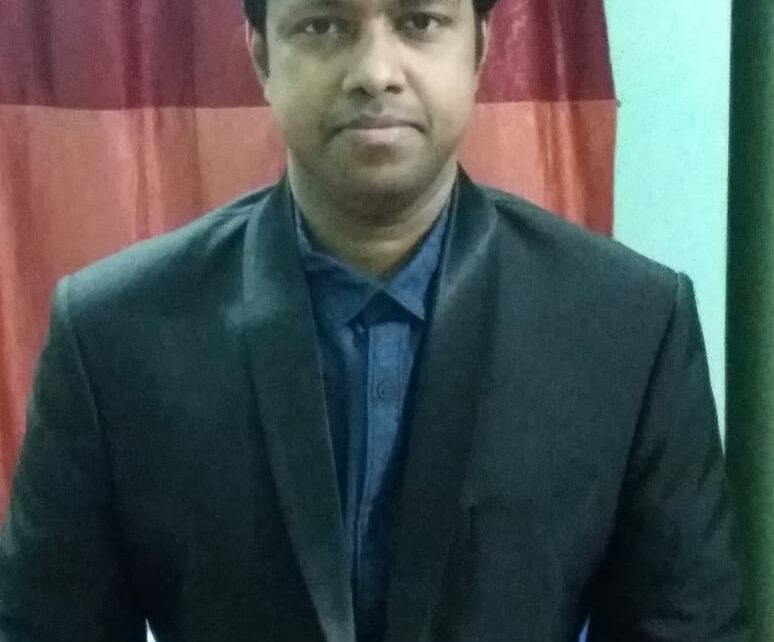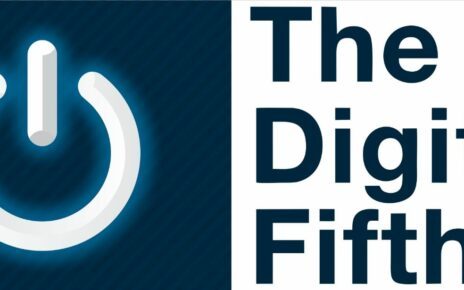Dr. Omkar Prasad Baidya stands as a rare figure in modern India – one who seamlessly blends scientific expertise with profound philosophical insight. Born in Agartala, Tripura in 1984, Dr. Baidya’s journey from a medical student to a globally recognized physician, moral philosopher, and author is nothing short of inspirational. His work transcends traditional disciplinary boundaries, fusing medicine, ethics, and global peace-building into a unified vision for humanity’s moral evolution.
A respected Associate Professor of Physiology at Jagannath Gupta Institute of Medical Sciences and Hospital, Kolkata, Dr. Baidya holds an MBBS and MD from the Regional Institute of Medical Sciences, Imphal, and a Post MD-PhD from King George’s Medical University, Lucknow, funded by ICMR. His academic journey includes certifications from prestigious institutions like Harvard, Johns Hopkins, Yale, and the University of Toronto. Yet, despite his scientific prowess, it is his quest for moral clarity and global harmony that distinguishes him from his peers.
Through his celebrated books—”A Path to World Peace,” “Universal Ethics and World Peace,” “Morality Beyond the Human Brain,” and “Nature and Morality”—Dr. Baidya introduces the world to a new paradigm of ethical living rooted in human virtues. He believes virtues like compassion, forgiveness, and nonviolence form the foundation of a peaceful society and must be taught, practiced, and institutionalized. His philosophical inquiry doesn’t just appeal to thinkers; it speaks directly to global policymakers, educators, and community leaders.
In “Morality Beyond the Human Brain,” Dr. Baidya proposes a revolutionary idea: that morality exists intrinsically within all living cells. He introduces a mathematical model to represent this intrinsic morality, suggesting that it is a fundamental force aiding the survival of life on Earth. His hypothesis challenges the notion that morality is merely a social construct and proposes that both morality and immorality have biological and cosmic significance in shaping our responses to challenges, decisions, and values.
His writing also extends into theological reflections. In his book “Nature and Morality,” Dr. Baidya posits that nature operates under moral principles and that a divine moral planner—God—has programmed the universe with a set of ethical laws. This fusion of science and spirituality places him among a rare group of scholars attempting to reconcile empirical research with metaphysical beliefs, thus opening new doors in both academic and spiritual dialogues.
Recognized globally, Dr. Baidya has been honored with several prestigious awards including the Dr. B.R. Ambedkar National and International Awards, the Mahatma Gandhi Nobel Peace Award, the Nelson Mandela Nobel Peace Award, and the Asia Peace Prize. His name has appeared in numerous “Top Influential People” lists by organizations like Fox Story and Fame Finders, underlining his global influence across fields and showcasing the respect he commands among his peers.
Yet, despite his accolades, Dr. Baidya remains deeply committed to humanitarian service. He often emphasizes that the true essence of being a physician is to heal not just the body, but also the societal wounds of injustice, ignorance, and division. His message is especially urgent in today’s world, where geopolitical tensions, inequality, and moral decline pose serious threats to global harmony, and where ethical leadership is needed more than ever before.
Dr. Baidya’s concept of “moral leadership” is a recurring theme across his publications. He advocates that true leaders must rise above self-interest and be guided by a universal ethical framework that values justice, empathy, and sustainability. According to him, moral education should be a foundational part of the global curriculum, starting from the school level and expanding into professional and political arenas.
His influence is not confined to academic or literary circles. As a public speaker, he has inspired thousands by connecting ancient wisdom with modern challenges. His lectures often emphasize that peace is not a passive state but an active pursuit that requires collective moral awakening and conscious ethical action at all levels of society.
The scope of his work also includes a call for a universal religion—a spiritual framework rooted in shared human values rather than sectarian dogmas. In “A Path to World Peace,” he argues that the convergence of ethical principles across world religions could serve as a basis for global unity, mutual respect, and long-lasting peace across diverse communities and nations.
More recently, Dr. Baidya has authored “Human Development, Morality and Peace,” where he discusses the role of human virtues, universal ethical ideology, and spirituality in the processes of human development, social welfare, and global peacebuilding. In his most recent work, “Morality Beyond Human Brain 2,” he elaborates on how innate morality, acquired morality, and even immorality influence human survival and decision-making. Using mathematical modeling and logical analysis, he proposes that morality can be scientifically understood and utilized in making just moral decisions.
Today, Dr. Omkar Prasad Baidya is not just a name in medical or literary journals; he is a living testament to the transformative power of knowledge when guided by purpose. He continues to write, teach, and inspire a growing audience that spans continents and disciplines. His vision of a morally awakened, peaceful world is more relevant now than ever.
In an age when humanity often finds itself at crossroads—torn between scientific progress and ethical regression—Dr. Baidya offers a path forward. His life and work remind us that true healing comes not just from medicine or technology, but from an enduring commitment to truth, virtue, and the common good.




